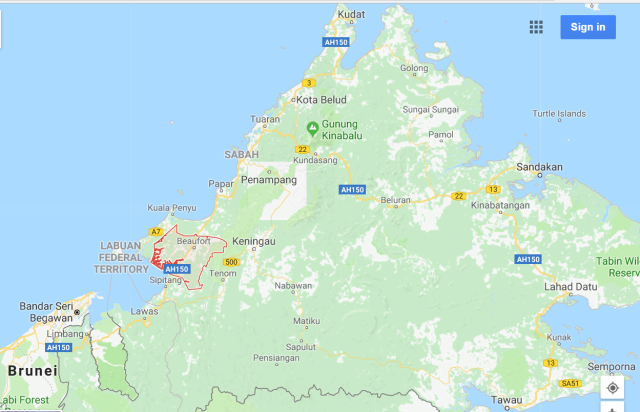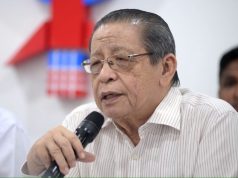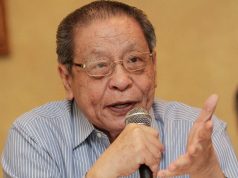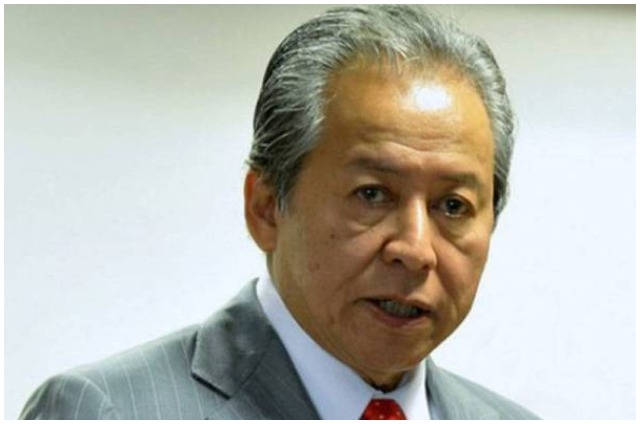KUALA LUMPUR — A fresh election is the best way to resolve the political crisis in Sabah, as the people are given the power to decide on a new mandate, according to political analysts.
Universiti Teknologi Malaysia (UTM) geostrategy expert Assoc Prof Dr Azmi Hassan said based on the current scenario, no party has a strong majority that could ensure political stability of the state.
“Due to the slim majority, whoever the chief minister is, stability will not be assured. So the best way is to dissolve the state legislative assembly and let the people decide,” he said in an interview on Bernama TV yesterday.
Despite the current COVID-19 situation in the country, he believes the Election Commission (EC) will ensure that the standard operating procedures (SOP) are adhered to in conducting the state elections, as proven when the Chini by-election was held on July 4.
Sabah Chief Minister Datuk Seri Mohd Shafie Apdal yesterday announced the dissolution of the state legislative assembly to pave the way for state elections, to be held within 60 days.
The political situation in Sabah became heated after former chief minister Tan Sri Musa Aman claimed he had secured a simple majority to form a new state government.
Meanwhile, political analyst Dr Oh Ei Sun said the deciding factors for Sabahans in the upcoming state election, are the personalities of both Mohd Shafie and Musa, and developments in the national political scene.
“In a sense, it is a sort of mini referendum of the national political scene because Musa is an ally of Perikatan Nasional (PN) and Mohd Shafie is affiliated to Pakatan Harapan (PH),” he said during Bernama TV’s The Nation programme yesterday.
Meanwhile, anthropologist, writer and filmmaker Dr Vilashini Somiah said Sabahans especially the younger generation would be seeking clarity on which party could bring genuine development to the state and people.
“We had two years of Warisan essentially heading Sabah. What new things have they brought us and what have remained unchanged, will be issues that would be raised,” said the Kota Kinabalu-born when interviewed in the programme.
Vilashini added that people would also be looking for trustworthy lawmakers who don’t just think of themselves when the going gets tough.
Meanwhile in KOTA KINABALU, Universiti Malaysia Sabah (UMS) senior lecturer Dr Syahruddin Awang Ahmad told Bernama that the decision to dissolve the state legislative assembly was a more principled decision than “buying over” or “party hopping” to get a majority.
At the same time, he said the move also offered a win-win situation for all parties involved, especially the people of Sabah themselves, who now have the opportunity to choose the government they want.
Another UMS lecturer Dr Ramli Dollah believes that the majority of Malaysians agree that the dissolution of the state assembly is the best way to bring political and economic stability to the state.
He said indirectly with the decision, the “bargaining” process that probably was going on among the assemblymen has come to an end.
“As long as the bargaining continues, there will always be political confusion,” he said.
— BERNAMA











